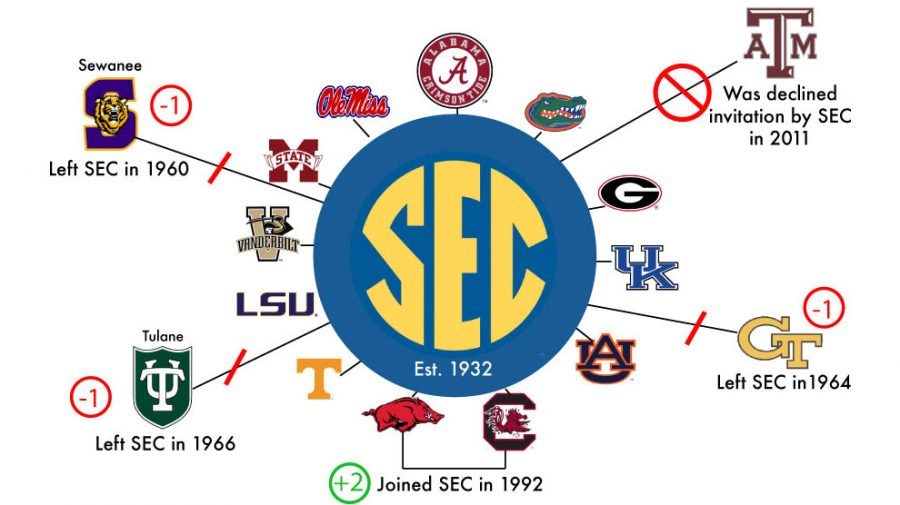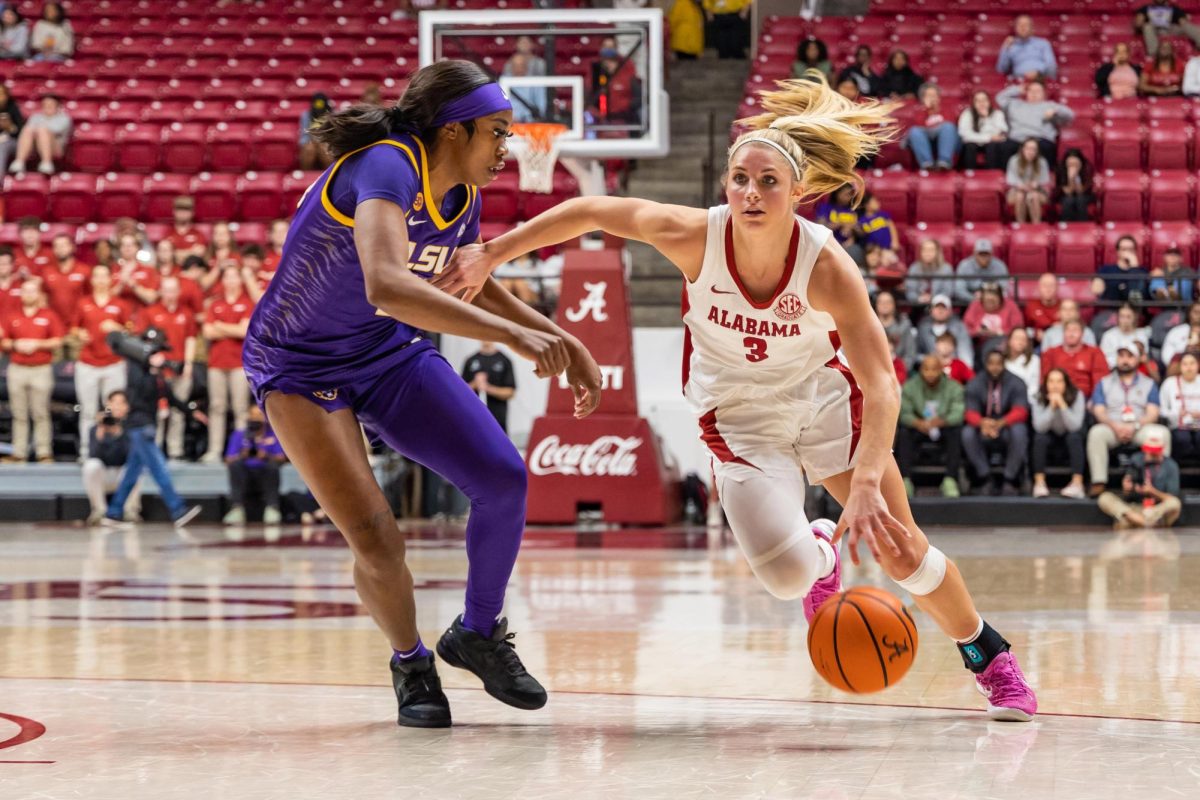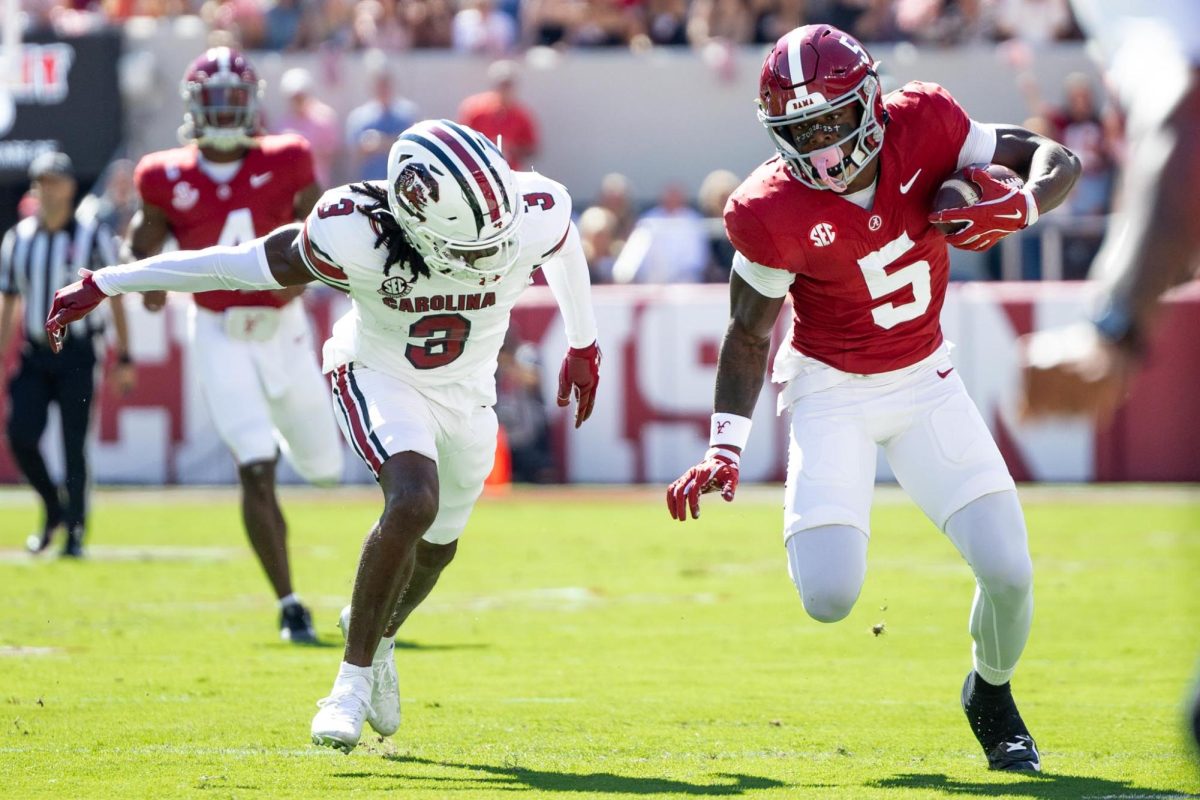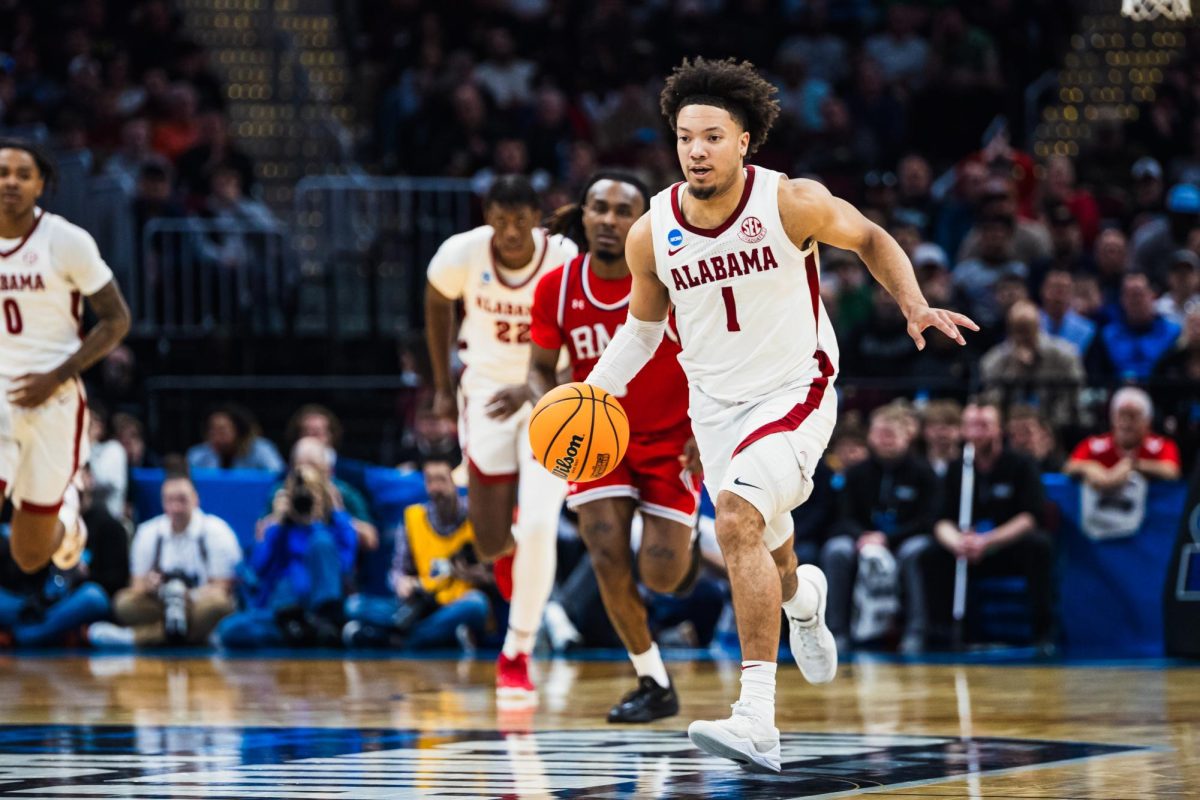The Southeastern Conference is recognized for its deep tradition, as well as its notable success in college football. However, talks earlier in the month regarding a possible expansion of the conference in the near future could shake up the SEC and the college football landscape in general.
Talks between Texas A&M and the SEC earlier in the month concluded with the SEC declining to invite A&M into the conference. It is thought that the primary reason an invite was not given was due to legal reasons.
“I think it fell apart because everyone really did not have their ducks in a row,” radio host Paul Finebaum said. “ I think it is a legal issue, meaning that A&M needs to disengage from the Big 12 before the SEC can take them without fear of a lawsuit.”
Despite the lack of an invitation, Finebaum said he thinks the expansion will happen in the near future.
“I think it will get done,” Finebaum said. “I think it will get done in a reasonably short period of time. It is hard to guess exactly when; I know A&M is trying to get it done before the start of the season. They would have to do that if they wanted to be included next year.”
Money would be a huge push factor for the SEC if they decided to accept A&M into the conference, as it could then tap into the Houston market.
“Well, definitely everything is about money nowadays,” Finebaum said. “It is about money and it is about television. What the SEC is trying to do is keep up. If you add A&M, it is more pressure for ESPN. I tell you what I think this is really about; I think the SEC is trying to position itself to have a network like the BIG 10 network. By getting A&M and another big name school, it would make the SEC more attractive to more households.”
The inclusion of A&M and other big schools would most likely draw in more revenue for the conference. However, many wonder if the increase in revenue would come at a cost to the conference’s tradition.
“I like the talk of expansion,” Finebaum said. “Although I have to say, for someone who has watched the SEC a long time, I am not really that excited about A&M. I think by themselves they really don’t bring all that much to the table. Alabama vs. A&M, is that that a game you care about? Uh, marginally. Unless A&M is a top 10 or 15 team, it is just another game on the schedule, and it really is not a whole lot different than Mississippi State.”
Finebaum is not the only person who questions A&M as an impactful choice to expand the conference.
“The SEC is in the Southeast; if they brought in those other schools, it just wouldn’t be the Southeast,” said Zach Dodson, a senior majoring in business. “Texas is the Southwest, so it would not make any sense to bring those other schools into our conference.”
Andy Nolan, a senior majoring in history, said, “Why expand the greatest football conference already? Especially if they are expanding to Texas – that is a really long bus trip for any sport other than football.”
Distance would not only be a problem for teams, but also for fans. Many located in the Southeast might find it difficult to travel to College Station to see a game at A&M.
“I wouldn’t make that trip,” Nolan said. “It’s way too far.”
If the SEC were to expand, it would almost certainly expand evenly by two, meaning that A&M and an additional team would be adopted. The University of Missouri was thought of as a possible option, as well as Florida State. While a Florida State and A&M addition would offer a new east and west team, adding Missouri and A&M would result in a possible switch in divisions.
One concern is that if the SEC were to add two western teams, Auburn might be moved out of the Western Division. Though Alabama would most likely still play Auburn every year, other rivalries, including Alabama vs. Tennessee, might be in jeopardy.
“If you added more teams, as you’re going to have to, you are going to go to nine conference games, and you would lose the Alabama-Tennessee rivalry,” Finebaum said. “If you are a traditionalist, or if you are middle-aged or older, that remains the game on the calendar that you look forward to.”
Nolan said he doesn’t think the SEC needs to worry, and that no matter what the outcome, the SEC will continue to hold its dominance in college football.
“It is not about quantity; it is about quality,” Nolan said. “You have won six national championships in a row, and you are getting the best high school recruits. You have plenty of high school recruits who are coming in from Texas anyway.”
1932 SEC formed with: Alabama, Auburn, Florida, Georgia, Georgia Tech, Kentucky, LSU, Mississippi, Mississippi State, Sewanee, Tennessee, Tulane and Vanderbilt.
1940 Sewanee goes independent
1964 Georgia Tech goes independent
1966 Tulane goes independent
1992 Arkansas and South Carolina join SEC
2011 SEC declines to offer invitation to Texas A&M









